The reduction of the impact of greenhouse gases is one of the main priorities of Casino group: it means acting both on own activities but also on the product offer in stores.
Casino Group is committed to...
Reducing the Group’s greenhouse gas emissions by 18% on Scopes 1 and 2 by 2025 and by 38% by 2030 with respect to 2015(*)
Reducing the Group’s greenhouse gas emissions by 10% on Scope 3 by 2025 with respect to 2018(*)
(*) on 12/31/23
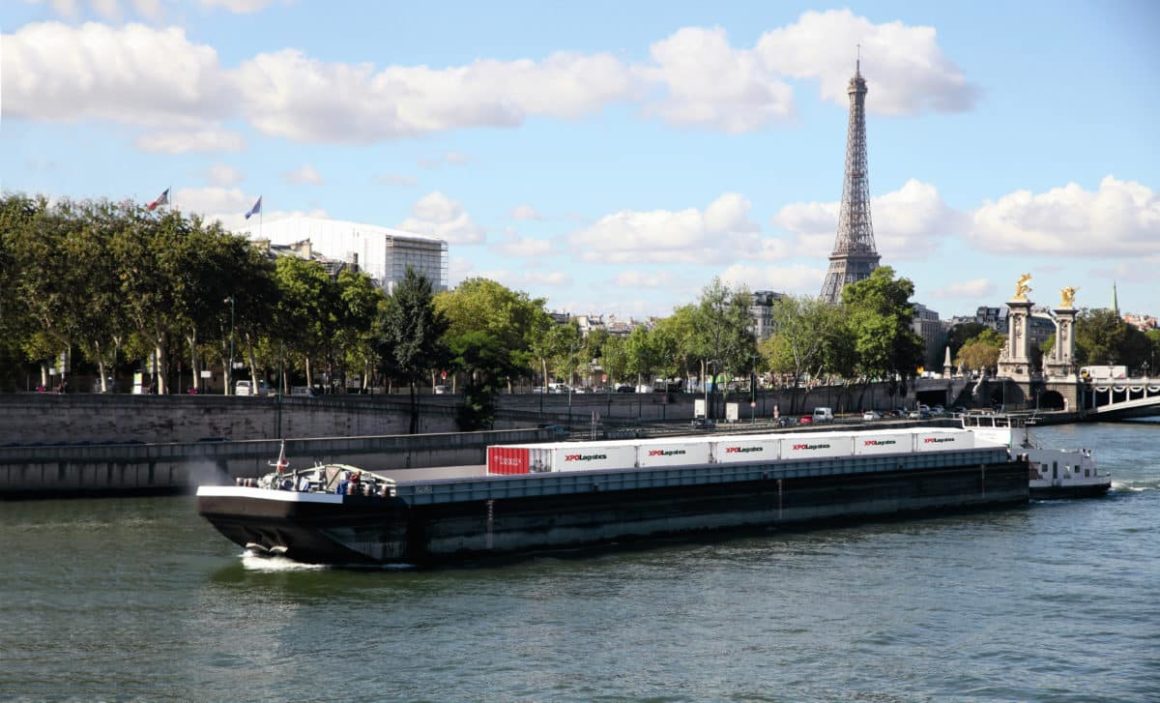
Casino Group is a member of…
The “Science Based Targets” initiative with a view to reducing greenhouse gas emissions aligned with the COP 21 objectives, to which the Group has been a signatory since 2018.
Casino Group also initiated the creation of FORUM CARBONE, gathering up to this day around thirty industrial partners. This collaborative approach aims at engaging all its members in an SBT-type initiative with setting objectives to reduce their carbon footprint, according to the path set during the Paris Agreements. The objective is also to cooperate so that each member can reach their goal of reducing their emissions.
7 lines of actions
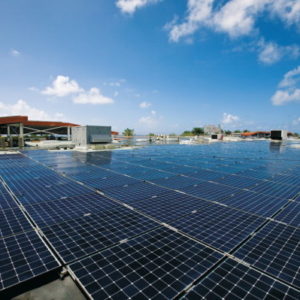
Improving energy efficiency of stores
The store energy consumption is tracked and controlled remotely to optimize power consumption.
Energy Performance Contracts have been implemented on almost 1 500 sites in France and abroad. Several stores are ISO 50001 certified and Energy Savings Certificates are also in use at numerous sites.
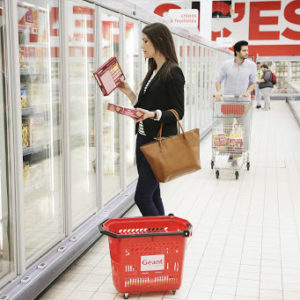
TAKING ACTION ON REFRIGERATED CABINETS
In stores, doors and covers for refrigerated cabinets are used to reduce refrigeration losses and to limit power consumption.
Fast and efficient preventive and corrective maintenance programs for cabinets are implemented to minimize refrigerant losses (cause of greenhouse gases).
Refrigerated cabinets are being converted to hybrid or carbon-neutral technologies.
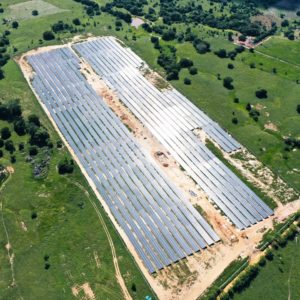
Producing solar energy
Producing green electricity helps to reduce the Group’s carbon emissions. Since 2007, more than 150 solar power plants have been set up on the roofs of stores and on the shades of car parks, in France.
Some of these plants enable the stores to be self-sufficient.

SUPPORTING SUSTAINABLE MODES OF DELIVERY
To reduce the impact of transport, the logistics teams are optimising truck loads and frequency of delivery.
The vehicle fleet is being modernising as technology progresses for freight transport (vehicles running on NGV, biofuel or electric) as well as for employee travel.
Electric charging stations are available in the car parks of stores.
For home delivery, clean services (bike, pedestrian drive) are available for customers.

PROMOTING PLANT PROTEINS
The Group strives for a better balance between plant and animal proteins, in accordance with the ADEME’s (Agency for Ecological Transition) recommendations, so as to reduce the carbon footprint of food consumption. The objective is to increase the amount of plant proteins consumed by customers (with meals containing more legumes and cereals) by reducing the amount of animal proteins. By consuming higher quality animal proteins and in smaller quantities, this transition can be achieved on a consistent budget.
A wide range of vegetarian and vegan products is available to customers. Some of the Group’s banners are entirely dedicated to this kind of offer
*In its forward-looking vision for 2050 to divide France’s greenhouse gas emissions by 4 with respect to 1990, the ADEME (Agency for Ecological Transition) recommends lowering protein consumption from 113g/day/person (including 40g of plant origin) in 2010 to 86g/day/person (including 43g of plant origin) in 2050.

Offering local and seasonal products
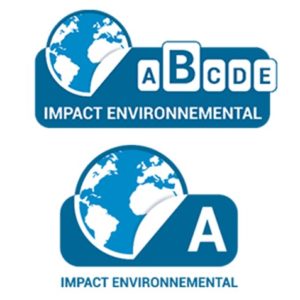
PROVIDING BETTER CONSUMER INFORMATION
To help customers make the right choice, the Group supports environmental labelling so as to inform consumers on product impact in terms of greenhouse gas emissions and water pollution.
Environmental labelling of a product or a service consists in communicating to consumers, on all relevant media (the product itself, in shelving, on a website, etc.), quantified information on its major environmental impacts, calculated over its whole life cycle. Monoprix, Franprix and Naturalia support the Planet Score.

